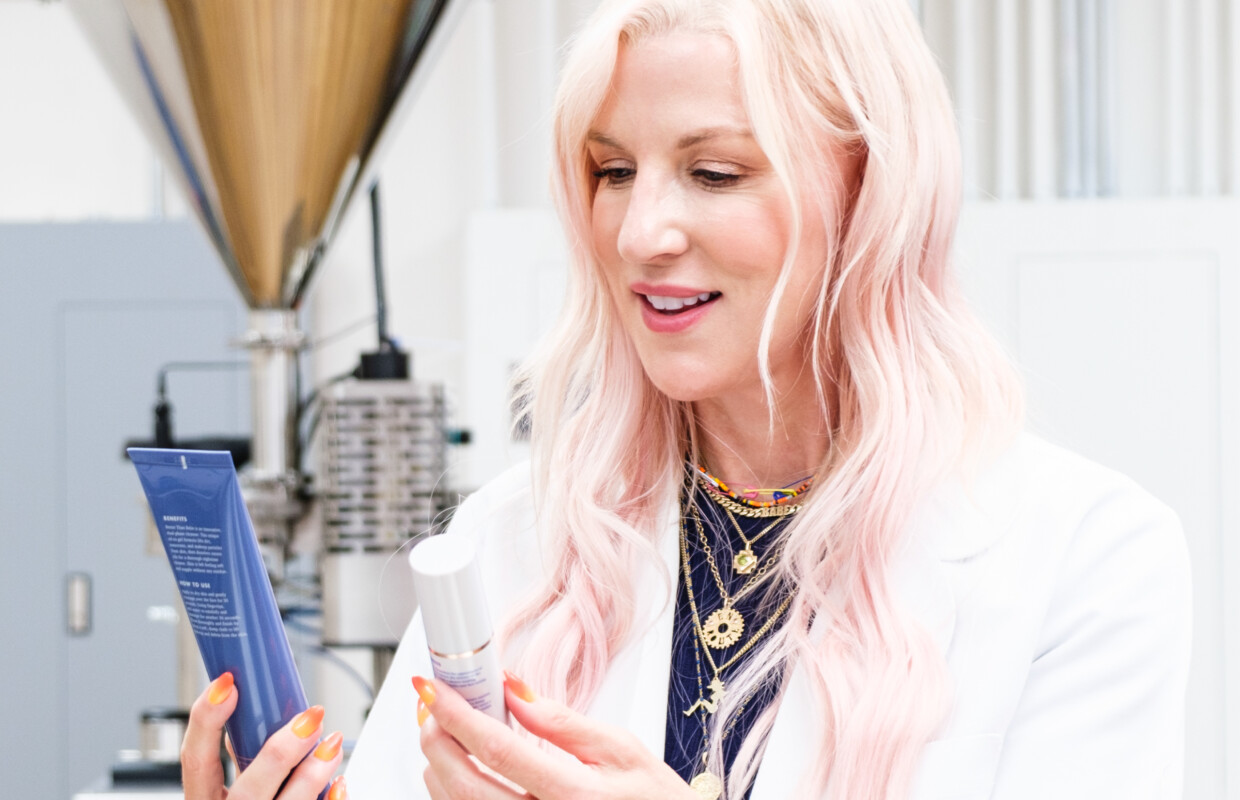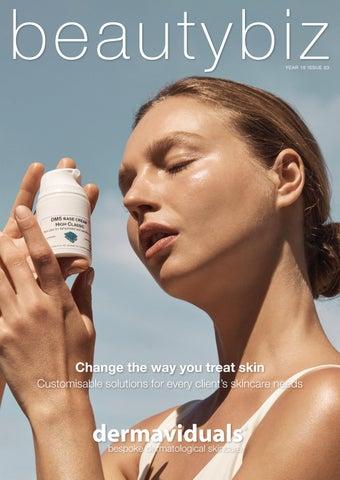Skincare Heaven or a Minefield of Confusion?
In the endless labyrinth of skincare, the choice can be overwhelming. From the luxurious potions promising eternal youth, to the budget-friendly cleansers claiming deep-pore cleaning, the skincare industry is a vast and ever-evolving realm. But with so many options, a burning question lingers: are some truly better than others? Embark on a journey through the skincare maze, where we dissect the science, hype, and individuality that shape the landscape of skin-health.
Debunking Brand Hype: Understanding Skincare Claims
Deciphering the Skincare Maze: Understanding Claims and Efficacy
Skincare claims can be a labyrinth of buzzwords and promises. From “anti-aging” to “hydrating,” brands compete for attention with eye-catching claims that may or may not be supported by scientific evidence. As a consumer, it’s crucial to approach skincare marketing with a discerning eye.
There are a few things to keep in mind when evaluating skincare claims. First, understand the distinction between over-the-counter (OTC) cosmetics and prescription skincare. OTC products, including most moisturizers and cleansers, are not subject to the same rigorous testing as prescription products. This means that claims made on OTC packaging should be taken with a grain of salt.
Decoding Ingredients: A Guide to Effective Skincare Products
Decoding Ingredients: A Guide to Effective Skincare Products
Understanding the ingredients in your skincare products is crucial for choosing the right ones for your skin type and concerns. While researching different skincare lines can be overwhelming, it’s important to remember that not all are created equal. Here’s a breakdown of the key ingredients to watch out for:
- Active Ingredients: These are the main ingredients that address specific skin concerns, such as hyaluronic acid for hydration, retinol for anti-aging, and salicylic acid for acne. Look for products with high concentrations of these ingredients for maximum benefit.
- Base Ingredients: These ingredients provide the foundation for skincare formulas, such as water, oils, and emollients. While they may not directly address skin concerns, they play a vital role in delivering and stabilizing active ingredients.
- Preservatives: These ingredients prevent bacterial growth and extend the shelf life of products. Some preservatives, such as parabens, can be controversial, so it’s worth checking the labels if you have sensitive skin.

Tailoring Skincare to Skin Concerns: Considerations for Individual Needs
Tailoring Skincare to Skin Concerns: Considerations for Individual Needs
Each skin type and concern requires a unique approach to skincare. For dry skin, opt for rich moisturizers containing humectants and emollients to hydrate and seal in moisture. Oily skin benefits from oil-controlling products with ingredients like salicylic acid or benzoyl peroxide to reduce excess sebum and prevent breakouts. Sensitive skin necessitates gentle, fragrance-free formulas with soothing ingredients such as aloe or chamomile.
Skin concerns like wrinkles, hyperpigmentation, and acne also warrant specialized treatment. Anti-aging products with retinoids or peptides stimulate collagen production and reduce the appearance of fine lines. Brightening serums containing vitamin C or niacinamide help fade dark spots and even out skin tone. Acne treatments focus on reducing inflammation, unclogging pores, and controlling bacteria, featuring ingredients like benzoyl peroxide or sulfur.
The Way Forward
As we navigate the vast skincare landscape, it’s easy to become overwhelmed by the multitude of options. Each line promises transformative results, but ultimately, the best skincare regimen is the one that caters to your unique needs. Remember, the journey to glowing skin is personal, and the most important factor is finding what works for you. Embrace the opportunity to explore, experiment, and listen to your skin’s voice. With a touch of patience and self-discovery, you will uncover the skincare path that leads to a radiant and rejuvenated complexion.



